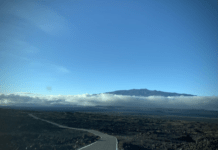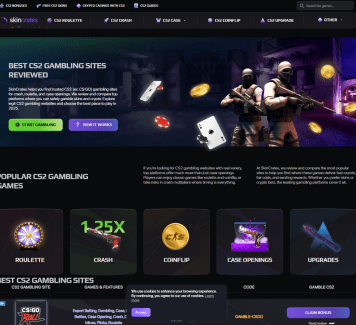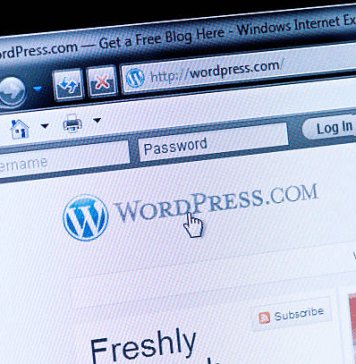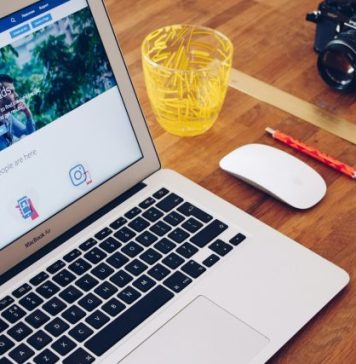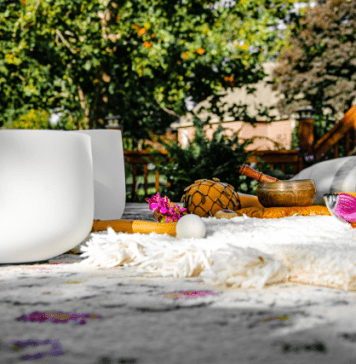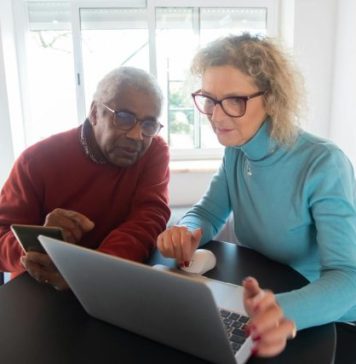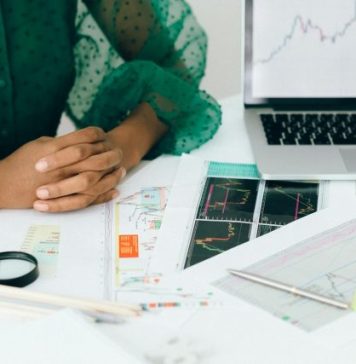
Cars in Alberta depreciate pretty rapidly, losing up to 25% of their value after the first year itself. As a car enthusiast, you might find it tempting to capitalize on this opportunity. However, purchasing a used car looks overwhelming, and you might feel lost with a long checklist at your disposal.
If you’re in Alberta, buying a used car can look daunting, including vehicle registration, mechanical inspection, checking vehicle history, and purchasing insurance. Visit this site to explore cost-effective insurance options for your used car in Alberta. Established insurance experts like Surex can recommend affordable packages to keep you on the economic end.
What should owners know before buying used cars in Alberta?
Owners buying a used car in Alberta should be aware of the provincial rules and regulations. Alberta has its own set of norms that governs reselling of vehicles. Besides, the Alberta Motor Vehicle Insurance Council (AMVIC) has outlined certain guidelines that would help buyers play safe.
The documentation process would vary, depending on whether you purchase the used car from a dealership or a private seller. Also, purchasing a used car from a dealer attracts 5% GST, while you need not pay this if you purchase it from a private seller.
Buying a used vehicle from a private seller in Alberta
In case you decide to purchase a second-hand car from a private seller in Alberta, a standard bill of sale would be required. This bill certifies the property transfer process. The bill should include the following details:
- Personal information (i.e., names and addresses) of the buyer and the seller
- The VIN of the car you are buying
- Vehicle particulars like make, model, series, color, and year
- The value you are shelling out for the car
- Signature of the seller and the buyer
Apart from this, experts recommend having the following documents when buying a used car for Alberta roadways:
- Check the vehicle registration certificate to rest assured that the seller actually owns the car.
- Obtain a vehicle information report containing details like odometer readings, registration data, and the number of liens from the Alberta Motor Association (AMA).
- For details on possible liens of the vehicle in Alberta, check out the Personal Property Registry. Most buyers also check out the CARFAX report for a detailed insight into the vehicle history.
- Check out the Canadian Police Information Centre database to find out whether or not the car is clean of stolen records.
Purchasing a used car from a dealer
Most buyers settling for second-hand cars in Alberta approach dealers. In these cases, you would need a different set of documents.
Comprehensive sale bill
A comprehensive bill of sales contains a sales agreement and all the details about the car. This secures the buyers from hidden and unauthorized costs. The bill contains the details of all the bills, payment information, details of the vehicle, and the buyer’s and seller’s information. Besides, the bill contains the vehicle history, trade-in information, and car inspection details.
Deposit agreement
This agreement is necessary to convey details about your down payment, deposit, and partial payment. With the deposit agreement, transactions between the buyer and the seller remain transparent.
Permission to repair
At times, you might want the car to be repaired or modified before you purchase it from the dealership. Once you provide the consent to start work to the dealer, they will do the needful before selling it to you.
Things to inspect in the vehicle history
It pays to be vigilant enough as you scrutinize the vehicle’s history before purchasing it. Here are some crucial aspects that second-hand car buyers cannot afford to overlook.
- Whether or not the car had recalls or the manufacturer bought it back
- Whether or not the vehicle met with accidents or sustained fire or water damage
- If the previous owner used the car as a cab or taxi
- If the previous owner used it as an emergency or police vehicle
- Whether the car was used as a rental vehicle for business
- If the car was declared unsafe, non-repairable, or a salvage vehicle in the province
- In case of a collision, did the repair expenses, including labor and parts, exceed $3,000? If it did, what was the severity of the damage?
Register your used car in Alberta
Just like a new car, owners need to register their used cars in Alberta. The registration charge for cars in this province is $90. Visit one of the local registry agents in the province with the following documents to register your second-hand car.
- Proof of insurance
- Bill of sale
- Your driving license
- Inspection report, if necessary
Insuring your used car in Alberta
To register your used car in Alberta and transfer it to your name, you need to insure the vehicle. The average cost of insuring cars in Alberta is around $1,316 a year. Before you purchase the car from the previous owner, make sure that it remains under their coverage. As the buyer, you can then contact one of the insurance brokers for a more affordable policy.
Remember, taking an uninsured car on the road isn’t permitted by law. Besides, it might turn out to be one of your unfortunate days when your uninsured vehicle meets an accident. The risk isn’t worth your wallet, knowing that you can get online quotes from multiple insurers through reputed brokers.
To insure your car, you need to furnish your government-issued ID or any other identity to the authorities. Also, carry the present ownership proof of the car, like the bill of sale to validate your ownership.
If you live in Alberta, buying a used car is easier than you think! — Endnote
Now that we have discussed how to buy a used car in Alberta, here’s a bit of information for buyers outside the province. In case you are outside Alberta but want to purchase a used car in this province, follow a few additional steps.
Apart from getting an out-of-province inspection done, you need to pay import tax ranging between 5% and 15%. This would be applicable when you import the car from Alberta to the respective province. Besides, buyers need to pay the charges for fixing any issues detected during the inspection process. Lastly, you need to present the authorities in your own province with the bill of sale as your ownership document.
So, if you are in or outside Alberta buying a used car, these guidelines should put you on the right track.
Best of luck with your next purchase!


